The 3 Biggest Reasons Why This High-Yield Bank Is Better Than Citigroup
Citigroup (NYSE: C) is a bank you've likely heard of, given its long history and size. It is currently offering dividend investors a 3.5% forward dividend yield versus the 2.6% average for banks. That sounds attractive, but there's a history here. And you can get a roughly 5% yield from this giant industry peer that has been a more reliable dividend stock over time. Here's what you need to know.The big problem with Citigroup is what happened during the Great Recession. That was a very difficult period for financial markets and for companies that were involved in mortgage lending. There was a very real concern that the world's financial markets were on the brink of collapse.Citigroup ended up taking a government bailout and cutting its dividend. The dividend was slashed from $3.20 per share per quarter all the way down to a mere penny a share. That's a payment meant only to ensure that institutional investors can still own the stock (some institutional investors, like pension funds, mandate that they can only buy shares of companies that pay dividends). The share price got crushed along the way.Continue reading

Citigroup (NYSE: C) is a bank you've likely heard of, given its long history and size. It is currently offering dividend investors a 3.5% forward dividend yield versus the 2.6% average for banks. That sounds attractive, but there's a history here. And you can get a roughly 5% yield from this giant industry peer that has been a more reliable dividend stock over time. Here's what you need to know.
The big problem with Citigroup is what happened during the Great Recession. That was a very difficult period for financial markets and for companies that were involved in mortgage lending. There was a very real concern that the world's financial markets were on the brink of collapse.
Citigroup ended up taking a government bailout and cutting its dividend. The dividend was slashed from $3.20 per share per quarter all the way down to a mere penny a share. That's a payment meant only to ensure that institutional investors can still own the stock (some institutional investors, like pension funds, mandate that they can only buy shares of companies that pay dividends). The share price got crushed along the way.






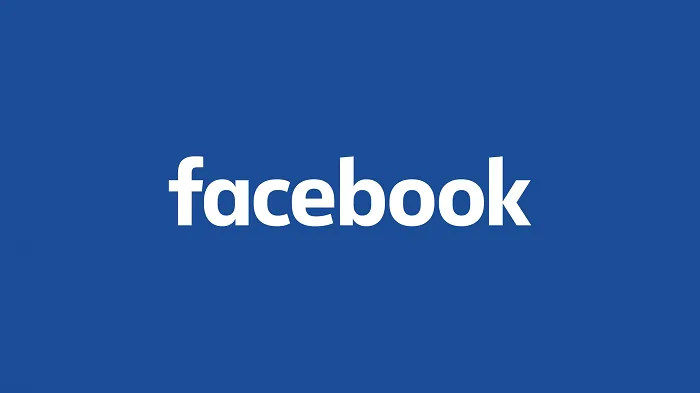
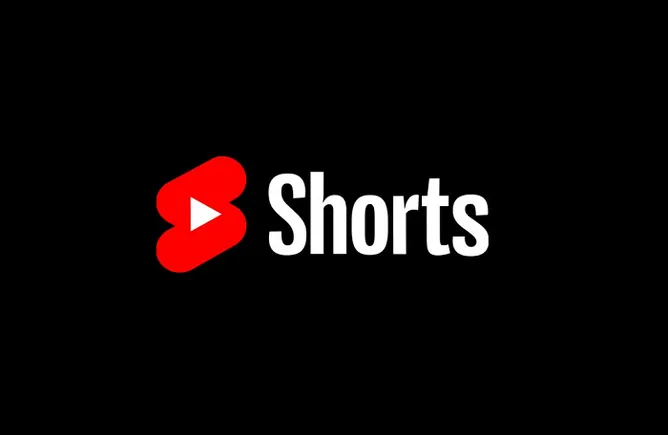



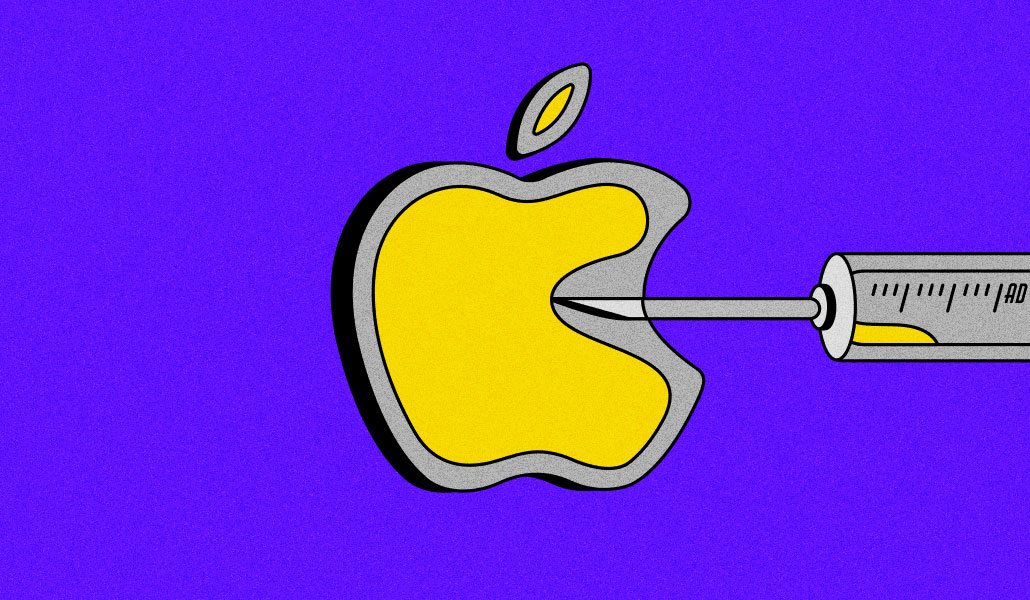


![31 Top Social Media Platforms in 2025 [+ Marketing Tips]](https://static.semrush.com/blog/uploads/media/0b/40/0b40fe7015c46ea017490203e239364a/most-popular-social-media-platforms.svg)
















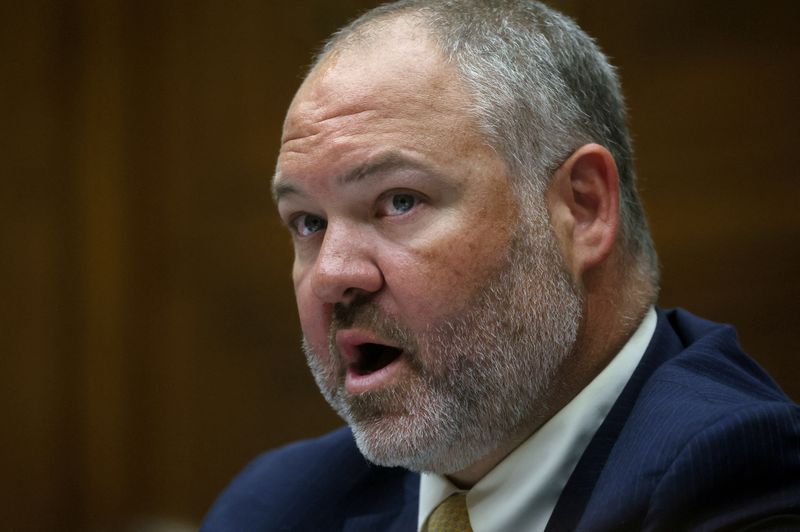













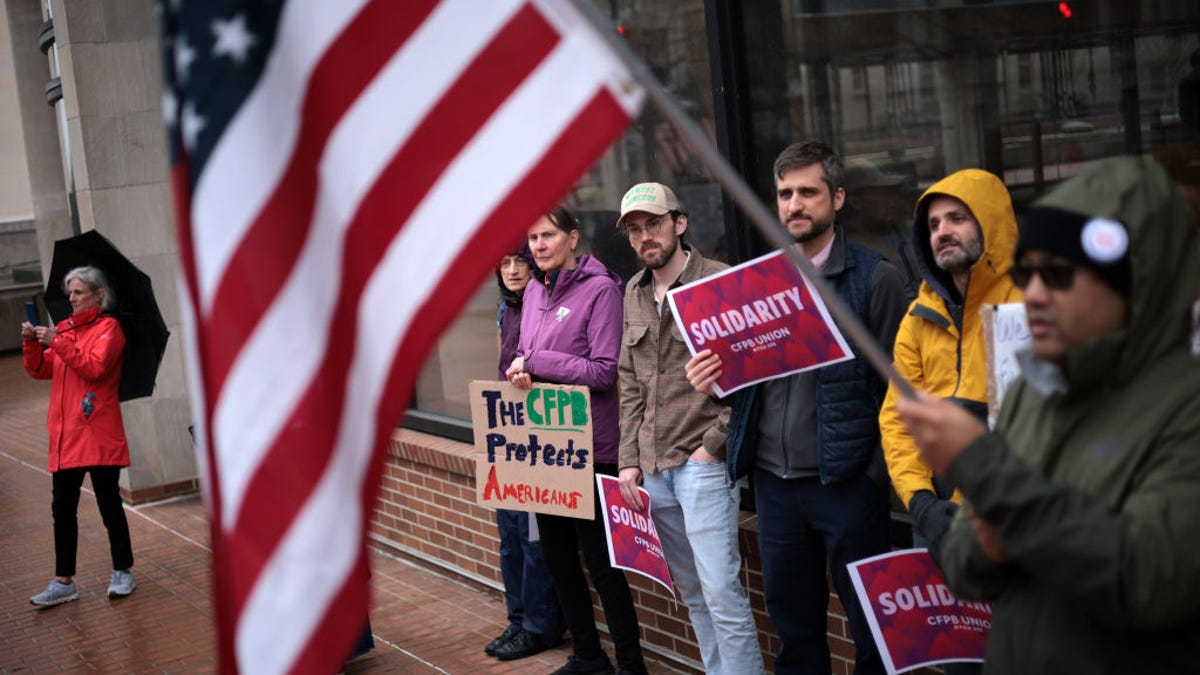


































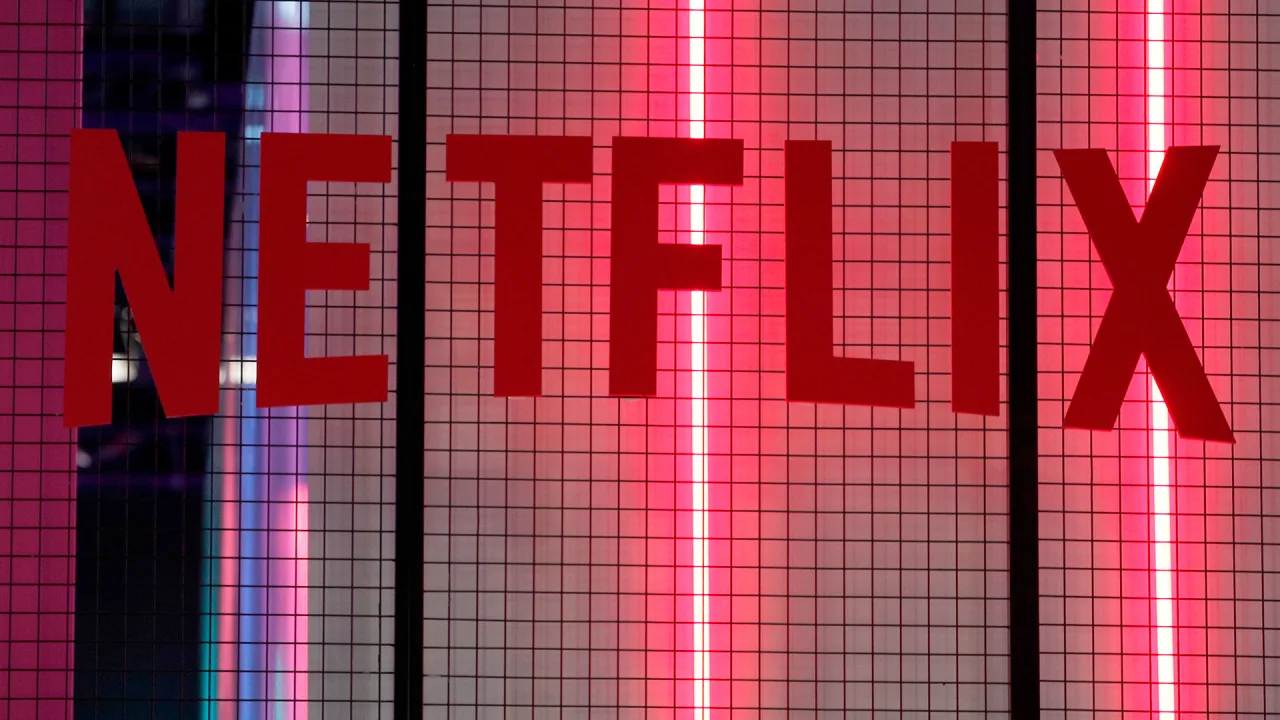























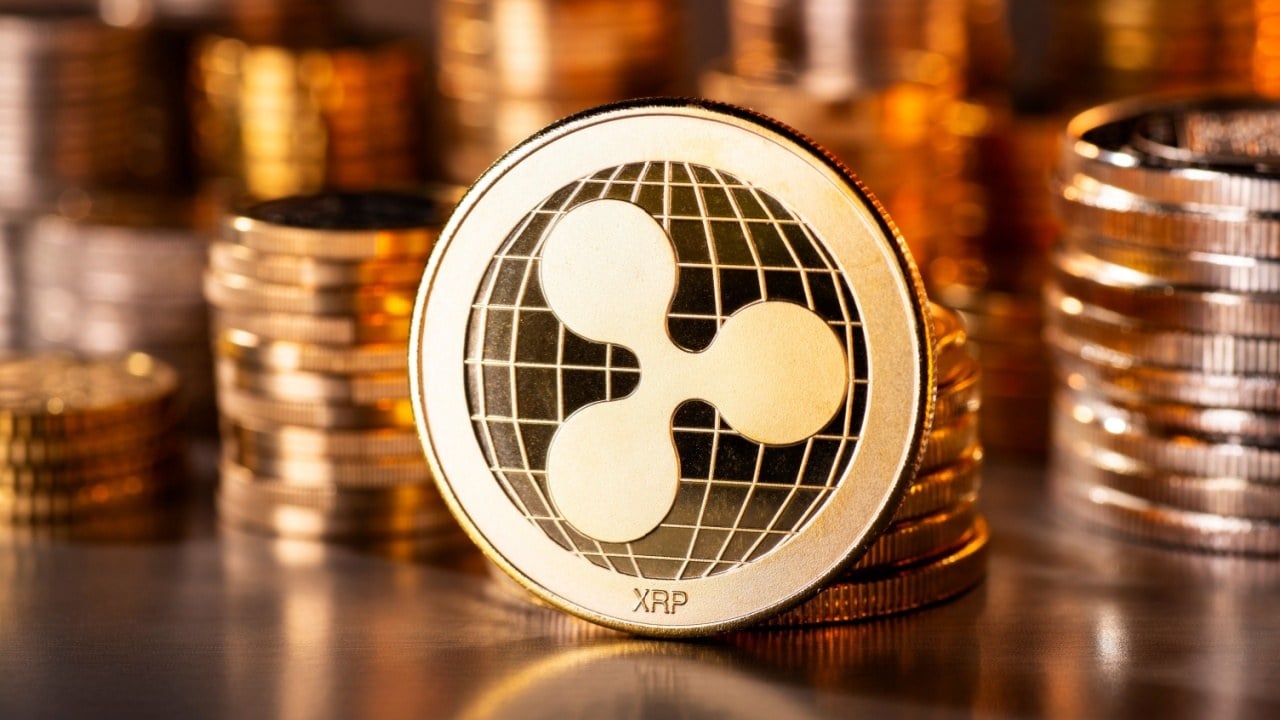




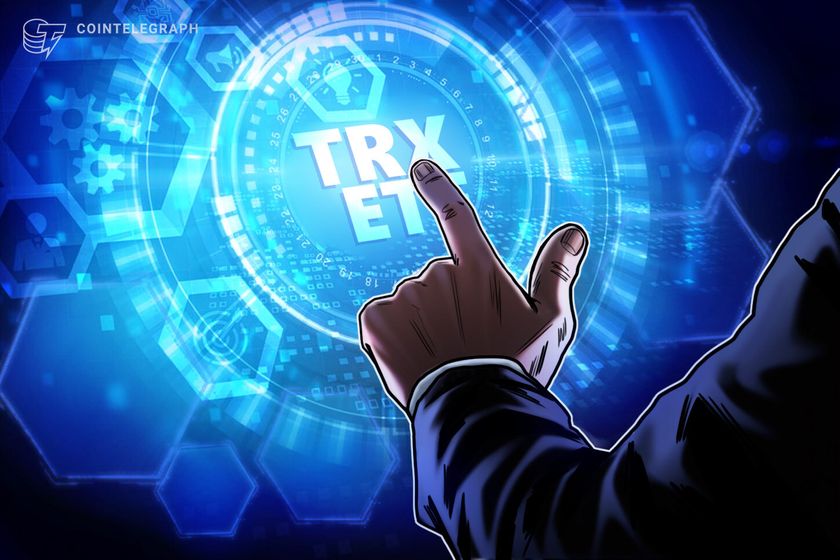

































![[Webinar] AI Is Already Inside Your SaaS Stack — Learn How to Prevent the Next Silent Breach](https://blogger.googleusercontent.com/img/b/R29vZ2xl/AVvXsEiOWn65wd33dg2uO99NrtKbpYLfcepwOLidQDMls0HXKlA91k6HURluRA4WXgJRAZldEe1VReMQZyyYt1PgnoAn5JPpILsWlXIzmrBSs_TBoyPwO7hZrWouBg2-O3mdeoeSGY-l9_bsZB7vbpKjTSvG93zNytjxgTaMPqo9iq9Z5pGa05CJOs9uXpwHFT4/s1600/ai-cyber.jpg?#)








































![How to Find Low-Competition Keywords with Semrush [Super Easy]](https://static.semrush.com/blog/uploads/media/73/62/7362f16fb9e460b6d58ccc09b4a048b6/how-to-find-low-competition-keywords-sm.png)



